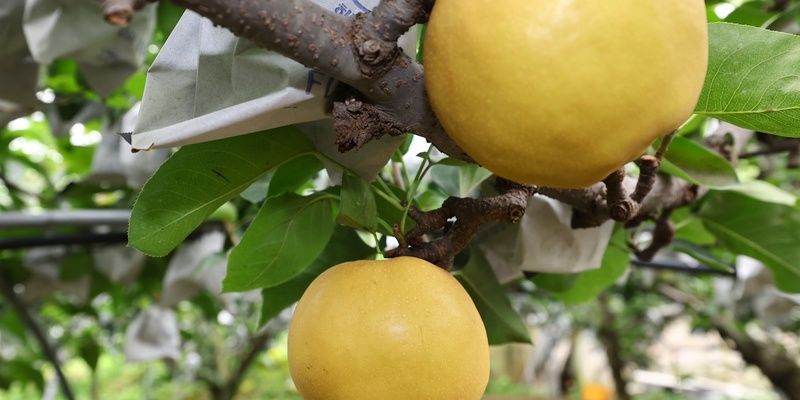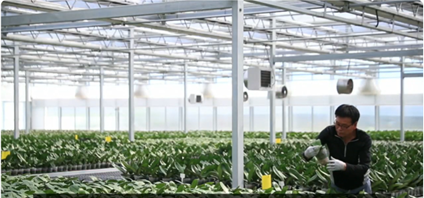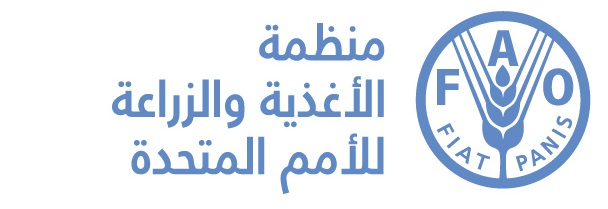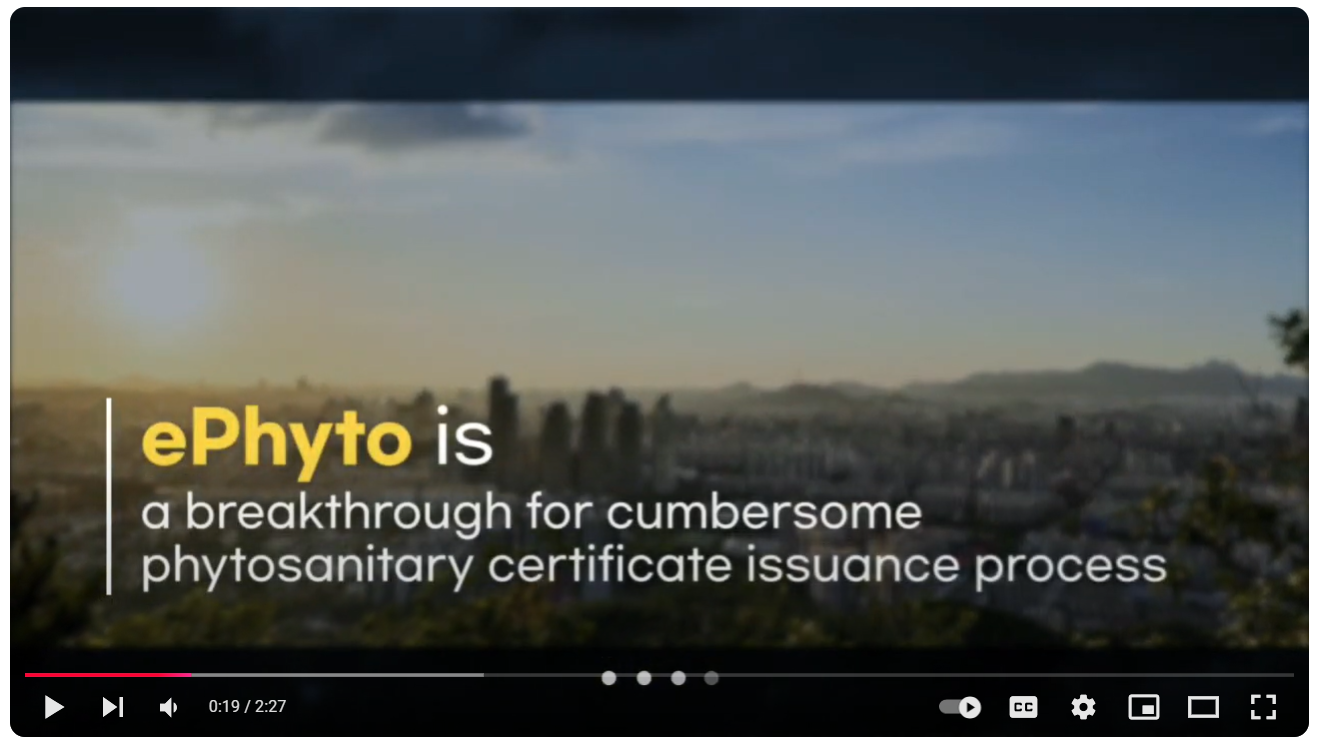SPOTLIGHT: Adopting and promoting global paperless trade using ePhytos: the experience of the Republic of Korea
Posted on جمعة, 18 أكتوبر 2024, 12:27

© APQA Pears are a major export of the Republic of Korea
Article IV of the International Plant Protection Convention (IPPC) mandates national plant protection organizations (NPPOs), guardians of plant health within IPPC contracting parties, to issue certificates for consignments of plants and plant products, ensuring they meet importing countries’ phytosanitary requirements. This process builds trust and collaboration among trading partners. It prevents pests from spreading through trade but is often hindered by manual and tedious processing, leading to errors, fraud, and delays.
The Animal and Plant Quarantine Agency (APQA) is the NPPO of the Republic of Korea and was no stranger to some of these logistical challenges. Although the country had a national system for producing phytosanitary certificates (PCs) and was connected to various databases to exchange phytosanitary information with its trading partners, many of these bottlenecks continued.
“When people export agricultural products, they need to get a phytosanitary certificate from APQA and then submit it to the plant quarantine organization of the importing country. The certificate is issued in special paper, and the original certificate should be submitted to the importing country which may have risk of failure of submission, loss, damage or forgery of the certificate that result in delay of clearance” said Donam Kim, in charge of ePhyto at the Export Management Division, APQA.
Plant health and safe trade transformation through ePhyto
In May 2021, things changed. The Republic of Korea pioneered the IPPC ePhyto Solution, replacing paper phytosanitary certificates with electronic ones (ePhytos); the first commercial ePhyto exchange being with the United States of America. Countries like the Republic of Korea, which already have national systems, connect to a common portal or Hub to create, send, and receive ePhytos in a simplified and harmonized format. Countries without IT infrastructure connect to the Hub through a Generic ePhyto National System (GeNS). APQA’s successful test pilot exchange with the USA confirmed the reliable and secure exchange of ePhytos and boosted confidence in the system. The COVID-19 pandemic and associated international travel restrictions strongly encouraged the country's ePhyto adoption.
Korea’s adoption of ePhytos has significantly enhanced its international trade. By July 2024, Korea had exchanged over 172 000 ePhytos with 16 countries. In 2023, ePhytos covered 40 percent of Korea’s agricultural imports and 27 percent of its exports.
According to the NPPO, using ePhytos saves time by eliminating physical movements and scanning PCs for use or archiving. A process that took about 10 days before is now possible in minutes. The system reduces fraud, supports national digitalization and carbon-neutral policies and simplifies information flow between traders and the government.
Using ePhytos is a bold step towards paperless trading, offering more trade efficiency and speeding up international trade by facilitating prompt border clearance of plants and plant products. At the national level, Korea budgets spending about USD 35 000 annually to maintain the national ePhyto system.
“For paper certificates, the lead time from issuance to submission was substantially long. But ePhyto is transmitted immediately upon issuance. It facilitates the export of nursery stocks significantly”, said Moon Goo Hwang from Song Jeong Nong Won Agricultural Corporation, which exports orchids to the United States of America. Using ePhytos simplifies international trade by eliminating the need for bilateral agreements among NPPOs. This common platform facilitates the expansion of trading partnerships between countries.

Moon Goo Hwang from Song Jeong Nong Won Agricultural Corporation
APQA assigned a dedicated person to monitor the new system and respond to stakeholders’ inquiries.
The Republic of Korea has been instrumental in the development, enhancement and global progress of the IPPC ePhyto Solution. To promote ePhyto adoption, APQA hosted two IPPC global symposia in Seoul (2011) and Incheon (2015), attracting representatives of contracting parties, the private sector and multinational organizations. The symposia facilitated better understanding of ePhyto, experience sharing and planning for ePhyto adoption and integration into existing phytosanitary certification systems. The Incheon symposium emphasized political goodwill, a cost-benefit analysis, legal reforms to include ePhytos in foreign trade, financing, skilled personnel and infrastructure for a functional ePhyto system. In April 2021, one month before pioneering the Solution, APQA held an ePhyto informative seminar on the development of the IPPC ePhyto Solution in Korea. APQA also coordinated the revision of the Plant Protection Act and export-import regulations.
Between 2015 and 2023, the Republic of Korea strongly boosted ePhyto implementation through its generous voluntary contributions totalling about USD 270 000 to the IPPC Multi-donor Trust Fund.
Since adopting IPPC ePhyto Solution, APQA has shared its commercialization experience extensively, to encourage global adoption. In 2023, the Republic of Korea shared its experience with Latin America countries during a regional workshop organized by the Comite de Sanidad Vegetal del Cono Sur (COSAVE), a regional plant protection organization (RPPO) in Latin America. The Republic of Korea continues making bold steps to promote ePhyto adoption and in 2024, convened a meeting with officials from Japan, to discuss ePhyto implementation in Asia.
Related information


